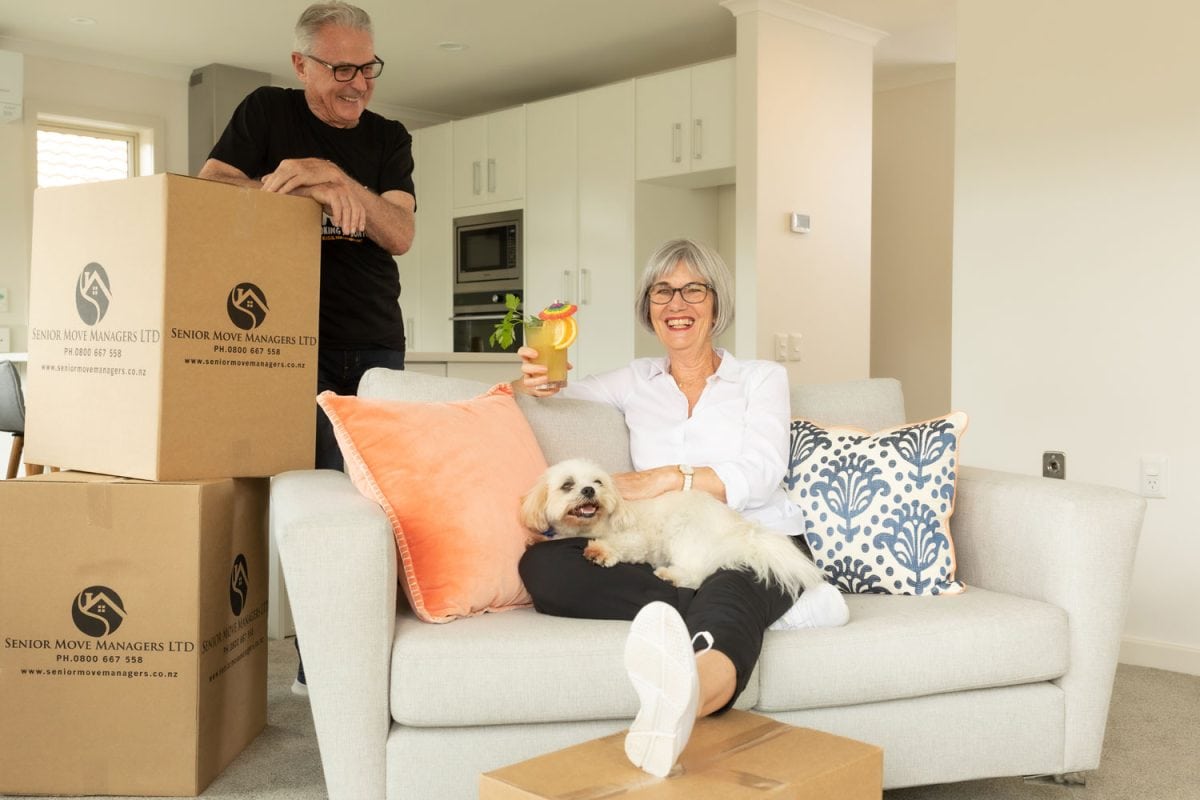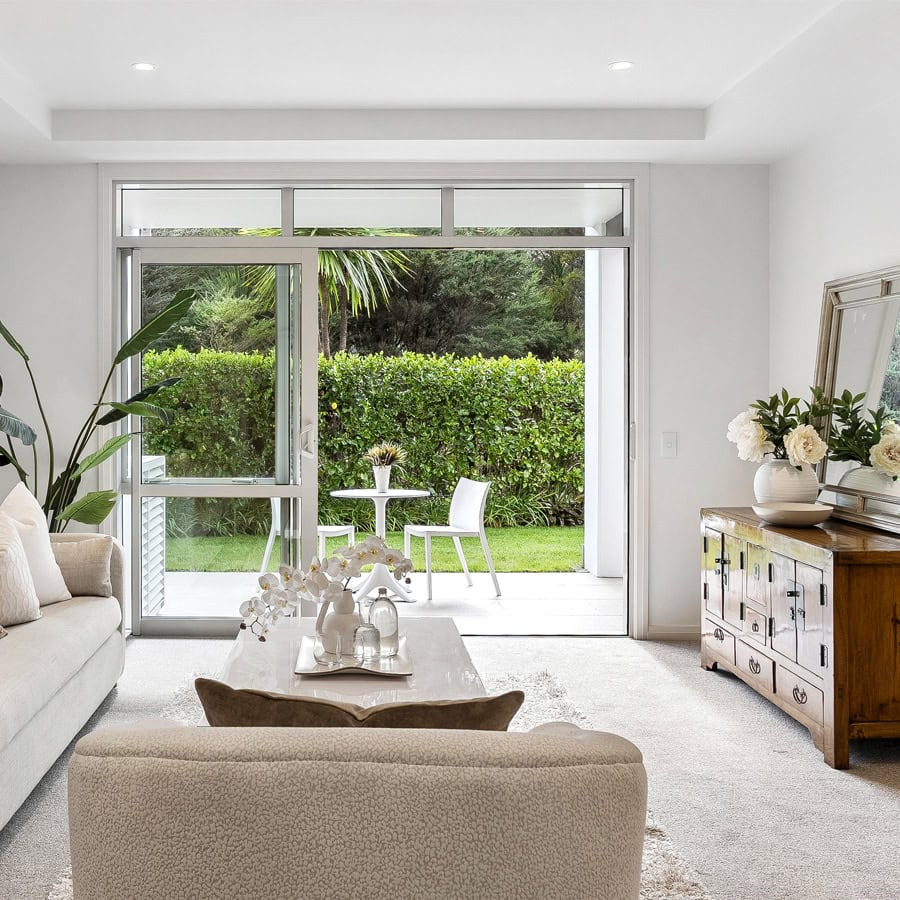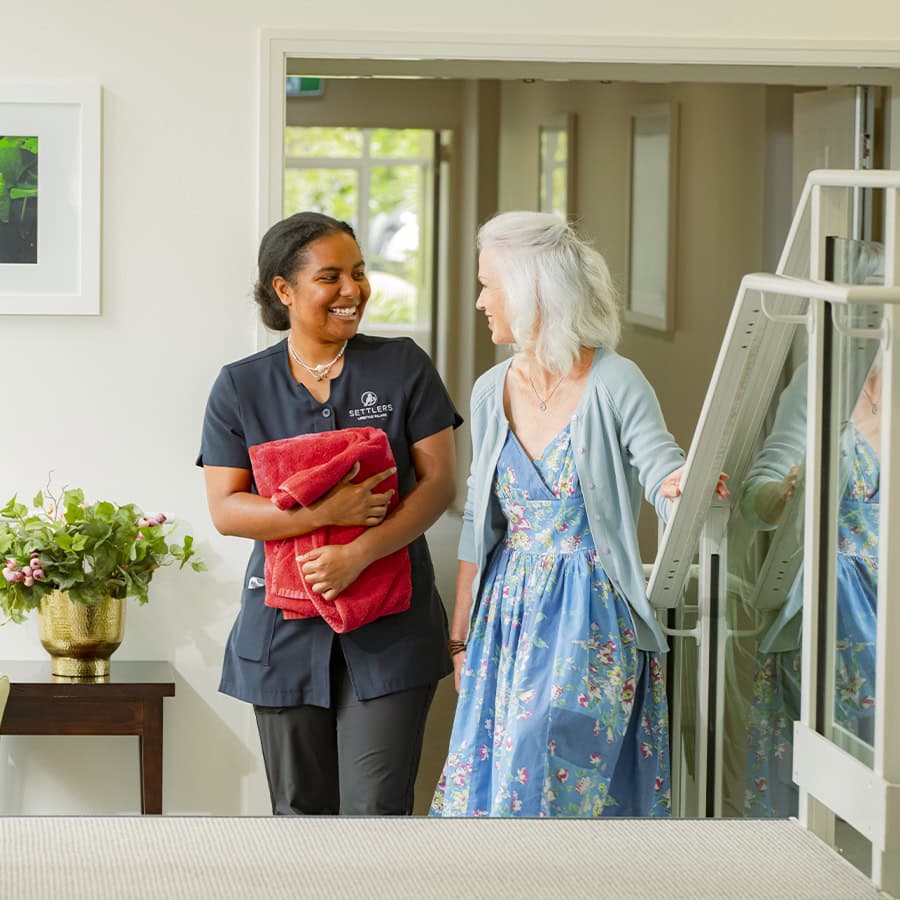For many of us, helping our parents downsize and transition to a new home later in life is a journey filled with complex emotions. While retirement village living offers security and community as they age, we know the move from the family home can also bring up feelings of sadness, loss, and change.
As children, we want nothing more than to support and care for our parents in their golden years. Yet this transition often requires delicate navigation and open communication between generations to balance independence with support. If you and your parents are currently working through this process, we hope you find comfort in knowing you are not alone.
In this article, we aim to share both the challenges and blessings many families have experienced to offer perspective, reassurance and solutions during this significant life transition.
Are they ready to move? Where are they on their emotional journey?
Some parents are ready and excited to make their move. They may have friends who live in lifestyle villages, and they want that lifestyle for themselves. In our conversations with residents, we’ve come across both extremes – some had already made up their mind and were ready to move, and others initially had no intention of moving.
“We had no intention of going into a lifestyle village. But once we saw what was here we changed our mind about it”.
June
Additionally, residents have indicated that men sometimes have a harder time adjusting. That’s why it’s really important to ask about support networks, especially if your father is on his own in the move to a retirement home. Our village has a strong culture of brotherhood. There’s also a purpose-built bloke’s shed with highly gifted craftsmen on hand to help with building, crafting, and tinkering.
“So many blokes came in with their wives and said they didn’t want to come but are glad they are now”.
Jim
“There is even a get-together for men, they bring us together for a meeting once a week. No one is isolated . . . You live longer if you aren’t”.
Bill
Shake off preconceived ideas
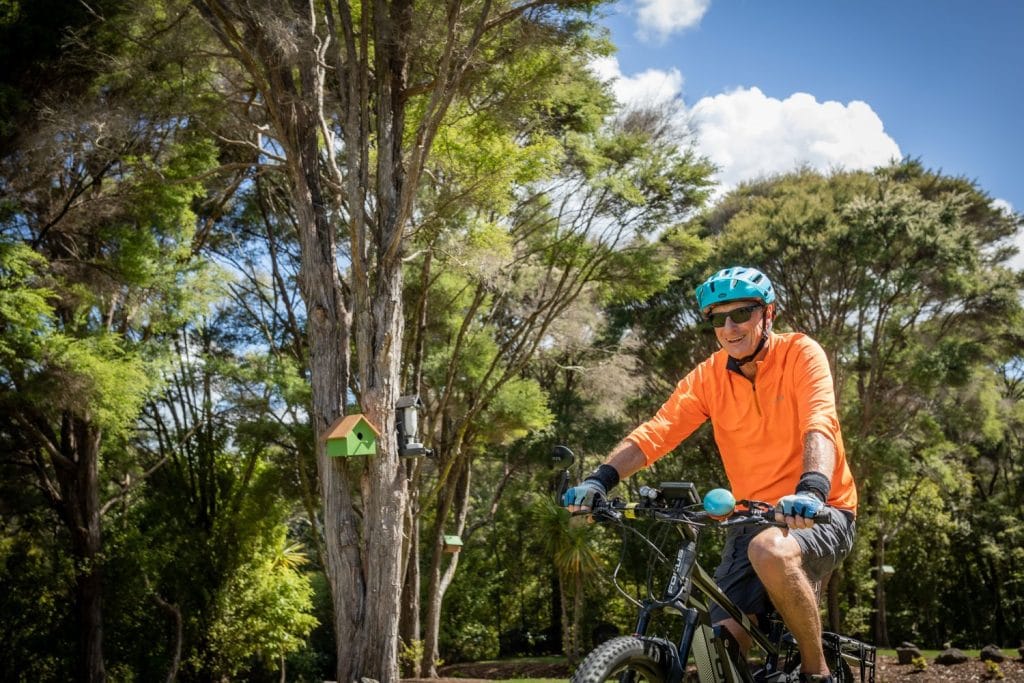
Many people have preconceived notions about retirement communities, sometimes formed by their experiences with their parents. Today there are many different options, including independent living, assisted living, and care homes. There is also a big difference between a retirement village and a lifestyle village.
“I didn’t think it would be like this. I thought it would be a lot of old people walking around with walkers. But when we moved in here there were only three people with walkers, out of 364!
Barry
“When I moved in here one of my good friends would give me stick about it. He would say ‘How’s things at the rest home, did they come and tuck you into bed last night alright?’ And then one day I was at the bar and he came up to me and said ‘You know I’m only joking, in fact, I’m quite envious of you’. Since then out of the group of 10, 4 others have moved into a lifestyle village.”
Mark
Decide which retirement living option is best
Lifestyle villages are independent living communities, with nursing support on hand if needed. A retirement village can be more of an assisted living facility. While care homes provide a higher level of specialised care.
In some cases, levels of support required for spouses will differ, so finding a community that supports the spouse who needs it while allowing the other spouse to live a full and independent life is essential.
Take Barry and June as an example.
“Four years ago June had a stroke. This is another thing that coming in here gives us – they offer 24-hour emergency response alarms and daily well-being clinics.”
But for June health wasn’t the deciding factor, “it was so Barry could mix with other people” and not have to worry so much about her.
Understand the different legal structures and fees
Licence to occupy, unit title and lease for life are the main options. According to Village News, “Licences to occupy are the most common way to live in a retirement village in New Zealand”.
To learn more about this option, and to hear from retirees that have made this decision, please check out this article: Licence to occupy: is it right for you?
Plan for today and tomorrow
While your parents may be living a fully independent life now, that may change 10 or 20 years from now. So wherever you decide to live, factor in what level of support is available in the future. Residents of Settlers Lifestyle Village have priority access to Fairview Care, which provides hospital and rest home care with in-house GP visits three days a week and 24/7 nursing care.
Acknowledge the reasons why you’re considering moving to a village
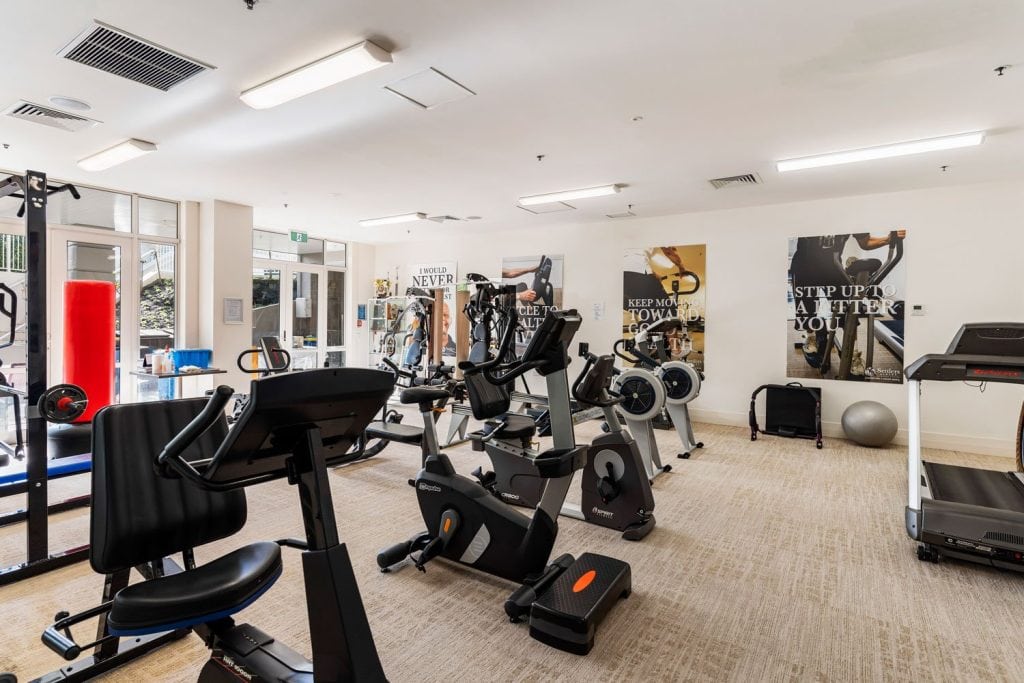
Write down the reasons why you’re considering moving. During this time, your parents may feel uncertain about whether they’re making the right decision. This list of why they’re looking is great for referring back to.
Common reasons people decide to make the move are:
- Property maintenance is becoming too much
- They want certainty around budgeting. Rates, maintenance, water, etc., are increasing. Budgeting is easier when you have a fixed fee. Especially if they’re fixed for life.
- They have concerns about security
- They want reassurance that health support is on hand if they need it
- They’re lonely or feel stuck in a rut and want to inject some variety and vibrancy into their lives
- They want to free up cash
- They want to enjoy their free time rather than having to take care of chores. If you don’t have to worry about home maintenance and gardening, you can focus your energy on doing what you love.
“As you get older you have less energy but you now have more time. You can use the energy to do the things you want to do, rather than the things you have to do”.
Create Your Wish List
Once you’ve established where your parents are emotionally, and you’ve acknowledged their reasons for moving, it’s time to understand their desires and create a retirement lifestyle that suits them.
- How would the setting look? A new ultra-modern village or homely one. Are they content with a compact village, or do they want a feeling of openness with wide corridors, and high ceilings, set amid park-like grounds?
- Do they want to live in an apartment, townhouse or villa?
- What would their home look like e.g. size, layout, decor, configuration. The look and feel of the apartment are also important factors to keep in mind. Some apartments are ultra-modern, while others are more traditional. A traditional look can give you a feeling of homeliness. It can provide you with the comfort you need to settle in.
- Where do they want to live? Close to family and friends, in the suburb they’ve always lived in?
- What would their preferred community feel like e.g. connected and supported, fun and energetic, quiet and peaceful, secure and private .
- Would they choose to live somewhere where there are lots of activities? Is social connectivity important to them, or do they prefer to keep to themselves?
- How important are facilities to them e.g. pool, spa, gym, restaurants, bowling greens?. Lifestyle communities can be a lot like resorts this way, but not everyone wants those amenities
- What kind of services would they like, such as housekeeping?
- Do they want the option of maintaining their own garden?
- Are grandchildren allowed to stay overnight? What are the rules around having guests?
- Would they like an aged care facility on site that they have priority access to if needed?
- Do they want to join a community where residents have a say e.g. there’s a residents committee? Is resident autonomy important to them? In some villages, the level of management control is greater than in others.
- What level of security do they want?
- Do they want nursing support on-site?
- Do they want to bring a pet?
- Do they want the option of meals being brought to them if they can’t cook for themselves?
What structure is preferred?
Once you have defined your ideal retirement lifestyle, it’s time to select a structure. As retirement homes come in different structures like licence to occupy, unit title, and lease for life, it’s essential to understand these options to decide what’s better for them.
All these options have their advantages, and it’s crucial to research and understand each option before deciding which is best for your parents. You may choose to consult an expert in this process to get an in-depth understanding of each option.
Start looking together
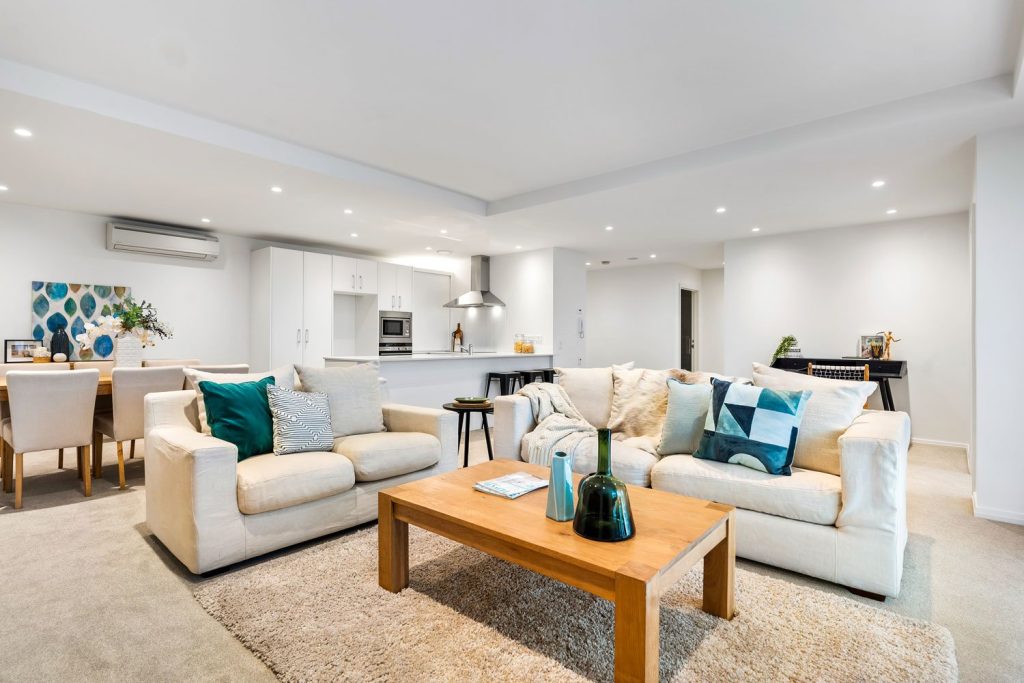
Now that you have a clear understanding of what your parents want, it’s time to start looking. You can take your time and explore various retirement living options with your parents to help them understand what a retirement living lifestyle can offer them. It is essential to remind them that retirement living is not what it was 30 years ago. Lifestyle retirement homes offer ample activities, freedom, and security, and it’s essential to highlight to them that they can have it all.
Taking your checklist with you can help, but also be prepared to change your mind! Take this example:
When Brent’s sister heard he’d moved into a retirement apartment she said to him “There’s no way I’m living in an apartment”. But after seeing Brent’s and going on a tour of the village, she changed her mind. After just two hours she’d put down a deposit on an apartment at Settlers. She’d never lived in an apartment before and was scared of heights so she wasn’t keen on the third floor – until she saw the views from the top. That was it, she said – “I want to live here”.
When you go on your tours, make sure you talk to some of the residents too. Get a feel for the village vibe.
Acknowledge your emotions too
This journey may also be emotional for you. For many of us, our parents have been the ones to care for and support us in a myriad of ways and now that dynamic is changing: we must do more to protect and care for them.
Saying goodbye to the family home can be incredibly hard for children too, especially if they are still in the home you grew up in.
Naturally, you will be concerned about their financial security, physical security, and health, so these factors are really important to consider as well. The most important thing is to know that your parents are somewhere safe, where they will be cared for. The responsibilities of caring for elderly parents, as well as work, children, and our properties, can be overwhelming, so don’t ignore the importance of this reassurance for yourself.
Conclusion
Helping your parents downsize and move is a significant step in helping them transition into retirement living. It is crucial to acknowledge the emotional journey that comes with this process and understand how to support and guide them every step of the way. With the right approach and a clear understanding of their desires, you can help your parents create a retirement lifestyle that suits them and supports their needs.
